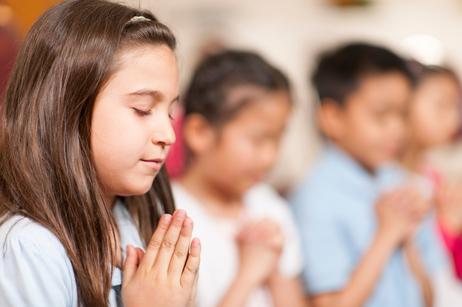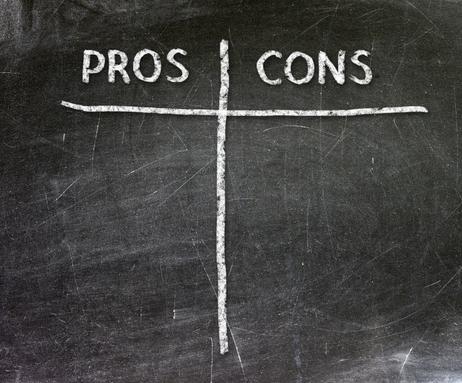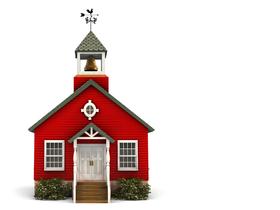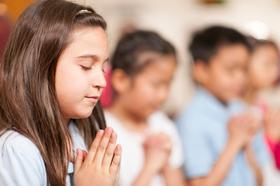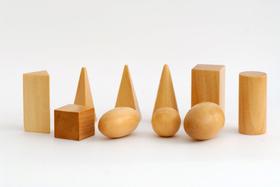What Do They Teach?
This article is a companion article to How Do They Teach?, which discusses what goes on in private school classrooms. This article explores the academics and other material that schools teach.
When we parents start thinking about sending our children to private schools, one of the first questions that comes to mind is the teaching content. What exactly will the schools you are looking at teach? Obviously, with thousands of private schools, I cannot address all the permutations and variations. So, I thought it might make sense to look at several educational approaches and methods and see what they teach. That will at least give you a starting point for some in-depth exploration of what they teach at schools you might be interested in.
Toddler
The wee ones won't be at school for very long daily. Apart from that, the teachers will create a rich environment to peak a child's interests. The development of fine and gross motor skills, as well as language and speech skills, are a focus.
Prekindergarten
Most prekindergarten programs focus on preparing their students for kindergarten. Look for the development of motor skills and teach children how to socialize. Also, look for play-based lessons with an emphasis on collaboration, teamwork, and listening. Building on the excitement of discovery is another component in the prekindergarten teacher's portfolio of skills. Children learn by doing. Your child should have lots to do balanced, of course, with snacks and quiet times.
Here is




